Published Fall 2015
It has been called nature’s candy and is a sweet source of nutrition whose popularity is on the rise. Commensurate with its growing popularity is its demand. In today’s global economy, the dried fruit trade literally spans the entire globe – apples from China, prunes from Bulgaria, figs from the Middle East, dates from Tunisia, raisins from South America, and of course apples, peaches, plums, raisins, figs, and dates from the good old U.S.A. Naturally, this growth presents a whole new set of challenges to kashrus agencies. How do they send a mashgiach to supervise date productions in Pakistan, raisin productions in Iran, or plum productions in Bulgaria? Let’s learn about this popular healthy snack alternative.
The Process
Fruit is dried through a process known as dehydrating, which removes enough moisture from the fruit to retard the growth of bacteria and mold while retaining the great taste and nutrients of […]


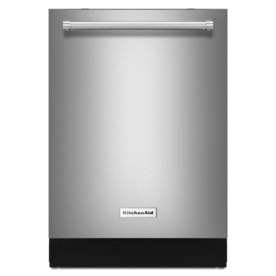







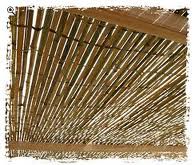
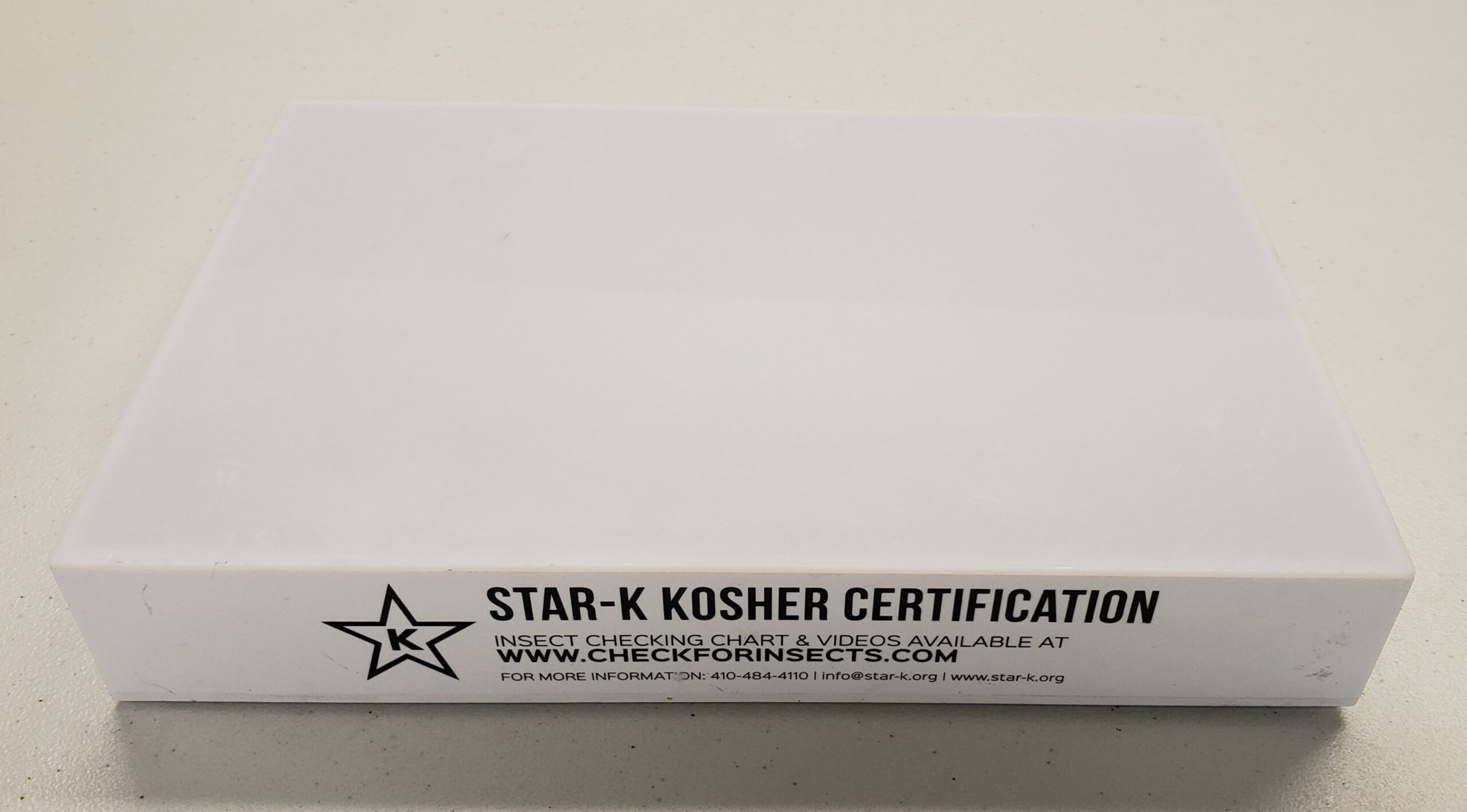



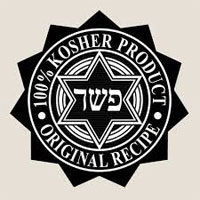
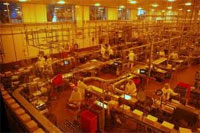
 STAR-D
STAR-D STAR-S
STAR-S